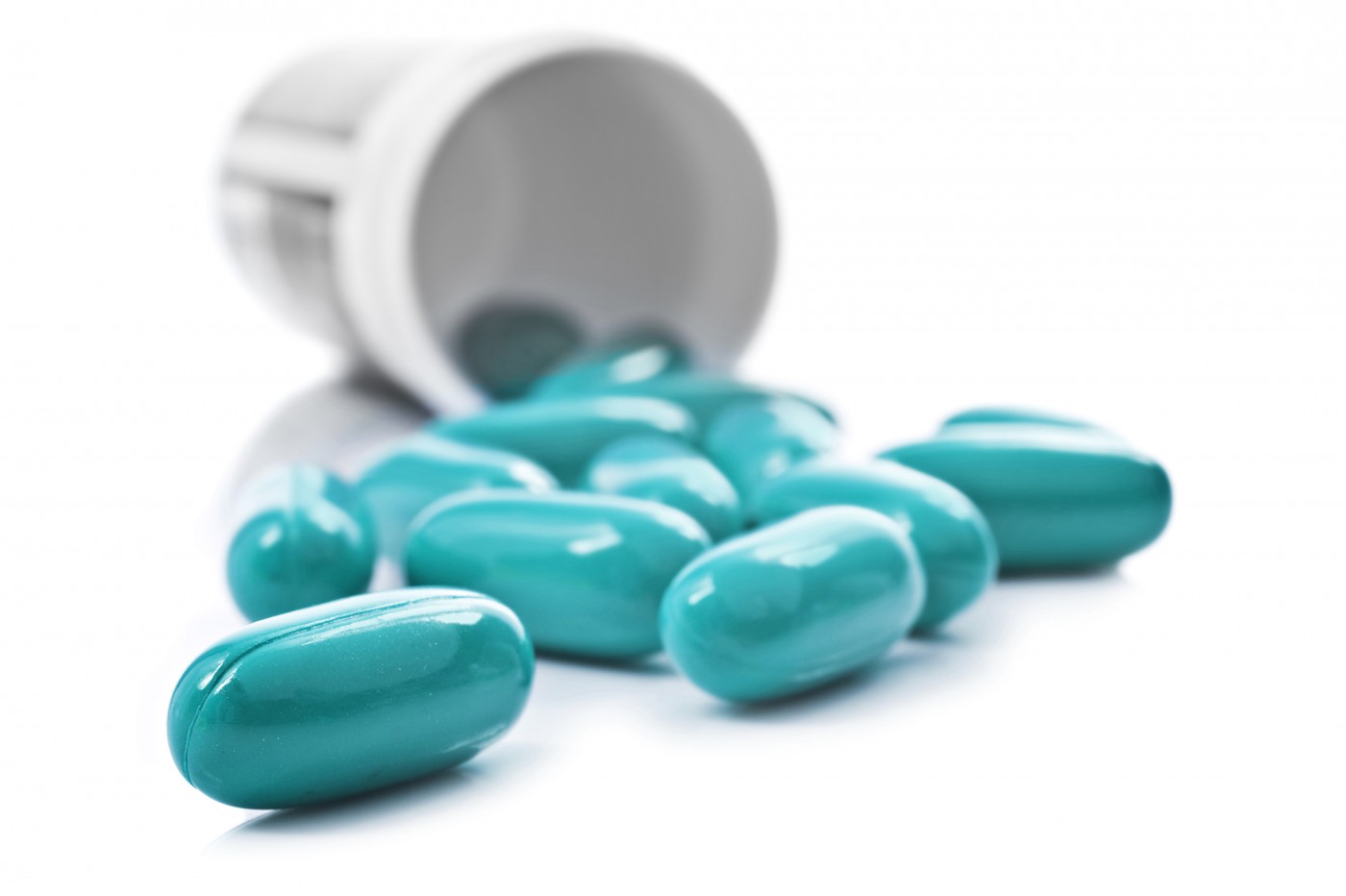Children with Sickle Cell Lung Issues Benefit from Hydroxyurea, Study Says

A study by researchers at the Hospital for Sick Children, Toronto reveals that the drug hydroxyurea can benefit children with sickle cell (SC) disease related lung problems.
The study, “Effect of Hydroxyurea on Pulmonary Function Decline in Children with Sickle Cell Disease,” was presented at the ATS 2016 International Conference and published in Pediatric Rare Lung Diseases.
SC, affecting 1 in 600 African Americans, is an inherited blood disorder characterized by deformed and rigid hemoglobin protein responsible for oxygen transport throughout the body. The alteration in shape disturbs the blood oxygen supply and leads to health issues, including lung function problems.
“Persons with sickle cell disease experience an annual decline in lung function that starts in childhood,” said the study’s lead author Dr. Anya McLaren in a press release. “We found that hydroxyurea improves annual pulmonary function decline in children with sickle cell disease by more than one-third.”
Included in the study were 94 patients, 6-20 years old. The participants received hydroxyurea and were followed for four years. During that time, the patients parameters that included blood count, hemoglobin F, renal and liver functions were evaluated in measured intervals through 48 months.
The patients’ pulmonary functions were examined and noted prior and after receiving hydroxyurea using two methods: FEV1 index measuring the rate of air movement in the lungs, and FEF25-75 to determine obstructions in the airways.
The results indicated a major improvement in both parameters after the hydroxyurea treatment, regardless of the age and therapy start time.
“Evidence that lung function may be better preserved while on hydroxyurea may encourage compliance and adherence to this medication for patients with sickle cell disease,” said McLaren, a respiratory fellow at The Hospital for Sick Children. “In combination with the established safety data, it hopefully will promote physician recommendations for hydroxyurea initiation and encouragement of compliance.”
Because hydroxyurea was previously utilized as a chemotherapy agent, there were concerns about long-term safety – but more than a decade of research has shown that the carcinogenesis risks and other side effects are absent or minimal.
“Long-term observational studies suggest beneficial effects without excessive damage to bone marrow, deleterious effects on growth and development, altered fertility, accumulation of mutations or increased carcinogenicity,” McLaren said.






